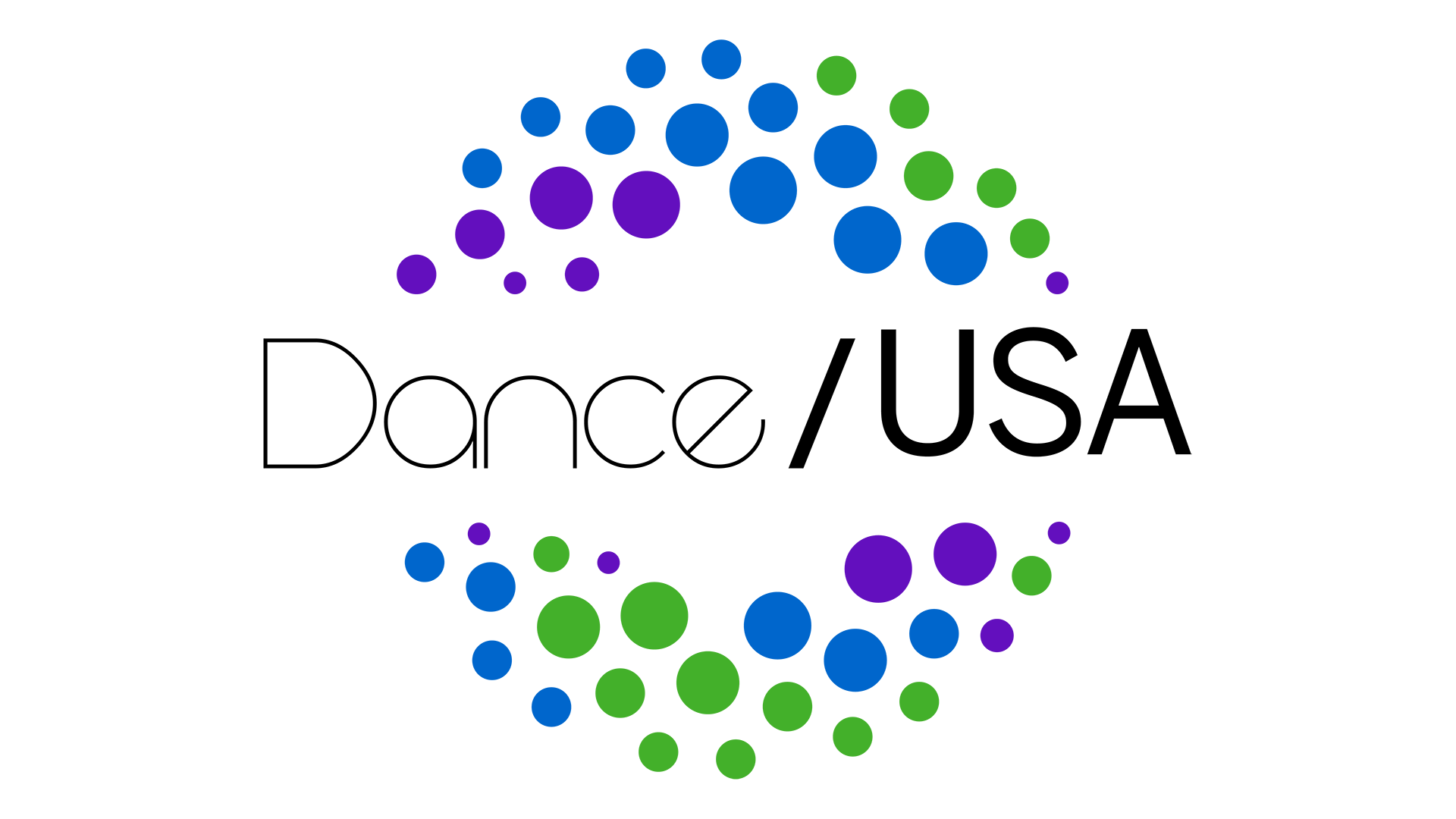Editor’s note: Comments and discussion are encouraged. Please visit Dance/USA’s Facebook page at https://www.facebook.com/DanceUSAorg and join the conversation.
A Rantful Response from Texas
By Nancy Wozny
I shared Sarah Anne Austin’s smart essay Is American Modern Dance a Pyramid Scheme? on Facebook (as many did) on a Monday morning with no comment, then went off on my morning walk, while the dance world whipped itself into a tizzy.
The sassy, but inaccurate, title got my attention, which is exactly what headlines are supposed to do. (Earlier this morning, this rant was called, “Grim stats fail to kill dance.”) But for the record, dance educators are not running a pyramid scheme. And to Austin’s credit, nowhere does she mention that dance academia as we know it should go away. I also applaud her diligence in presenting the evidence. These are handy facts to have in hand when considering a dance degree of any kind.
So while you were reading her essay, rents were paid, Kickstarters launched or funded, grants deadlines met, coffee shop gigs went on as usual, Pilates sessions convened, yoga classes were taught, and a few lucky ones got an email about a performance opportunity with a fee attached. The dance industry cranked on, sometimes limping, other times soaring. This machine, as wobbly as it is, hobbled forward. Can we just stop for a minute to marvel at all the ways dance artists have managed to continue to put fresh dances on our stages outside of dance academia? Their resourcefulness is simply astounding. Can we just stop for a minute to marvel at all the ways dance artists
have managed to continue to put fresh dances on our stages outside of
dance academia? Their resourcefulness is simply astounding. I want to acknowledge the hard work and dedication of those who cobble, craft, and scheme ways to make it work, so this profession moves forward in some fashion. Maybe they don’t have one job, they have many, and some of those jobs have nothing to do with dance. And some of those creative dance experiences will wiggle their way into their daytime work. Is this pieced-together entrepreneurial life less of an achievement than working for a brand-name dance company? Think about that before you answer. Does one paycheck still define success, especially when it’s happening for so few?
I should confess that I did not study dance in college. No, I picked a much more lucrative profession. I majored in philosophy, something I share with the fabulous Monica Bill Barnes and Michelle Ellsworth, who are both incidentally making a living in dance!
Truth and transparency are all the rage now. I miss the days when we could keep everyone in the dark about how we survived, hoping no one would ever ask. I remember interviewing a choreographer with a rather high level day job that she insisted I not mention. The stigma of not working full time in one’s profession continues, as does the shame of making very little money.
Today, money and the arts have come out of the closet, and it’s been a painful truth to make public. Every time I tell a person that I do not make a living as a dance writer, some part of me wishes I had gone to medical school. But instead, when I am thanked for my work, which at my age happens a lot, I point to my patron, otherwise known as the “Mr.,” who has allowed me to flourish in this strange non-career of dance writing. Marriage has supported more art on stages and words on pages that anyone cares to admit. In these “lean in” days of empowerment, these are humbling truths.
So where do we go from here? Do parents and students really need to be warned of the facts before racking up huge loans or shoveling out boatloads of cash? Who here doesn’t know that this is not a career for the weak? Decades ago at ADF, Daniel Nagrin told me to learn to teach tennis. That was in 1978. Being blind to the situation serves no one. I am confident that the recent slew of articles, like Austin’s, have fully done their work.
Currently, I teach Feldenkrais for classical musicians at Rice University’s Shepherd School of Music as part of the professional development curriculum. My class is one of many that will help these students survive outside of Rice’s roof. This is one of many efforts happening both in academia and in the public sector that aim to arm students with some survival skills. In Houston, we are lucky to have Fresh Arts, Dance Source Houston, and Houston Arts Alliance leading the way. I also think of all the dance professors that I have interviewed over the years for Dance Magazine and Dance Teacher, who take a broad look at the profession, and consider the study of movement as a way of thinking and perceiving the world. People like Karen Bradley at University of Maryland, who was last seen doing brain research, or Nora Ambrosio, a U. of Md. graduate, at Slippery Rock University in Pennsylvania, who leads her students though a “senior synthesis” as a transition to life outside of school; or closer to home, Karen Stokes and her team at University of Houston, whose students have gone on to enrich the fabric of dance culture in my home city. I could go on and on about academics who are truly interested in the survival of their students post school, and some of them, even prepare their students for their multi-job life to come.
At Rice, I begin by thanking my students for their service and sacrifice. Not everyone has the mettle to navigate the difficulty of being an artist, but I have yet to meet one person who wants to live in a world without art. Not everyone has the mettle to navigate the difficulty of being an
artist, but I have yet to meet one person who wants to live in a world
without art. So the question remains as educators, practitioners and citizens of this dance world, how can we go forward without the burden of old paradigms of success? Despite the facts diligently laid out by Austin, young people have sent in their deposits to pursue a dance undergraduate or graduate degree. We should be thinking about how we can work together to make it easier when they come out.

Nancy Wozny, a proud philosophy major, is editor in chief at Arts + Culture TX and a contributor to Dance Magazine, Dance Teacher, and Pointe.
____
We accept submissions on topics relevant to the field: advocacy, artistic issues, arts policy, community building, development, employment, engagement, touring, and other topics that deal with the business of dance. We cannot publish criticism, single-company season announcements, and single-company or single artist profiles. Additionally, we welcome feedback on articles. If you have a topic that you would like to see addressed or feedback, please contact communications@danceusa.org.
Disclaimer: Opinions expressed in guest posts do not necessarily represent the viewpoints of Dance/USA.



